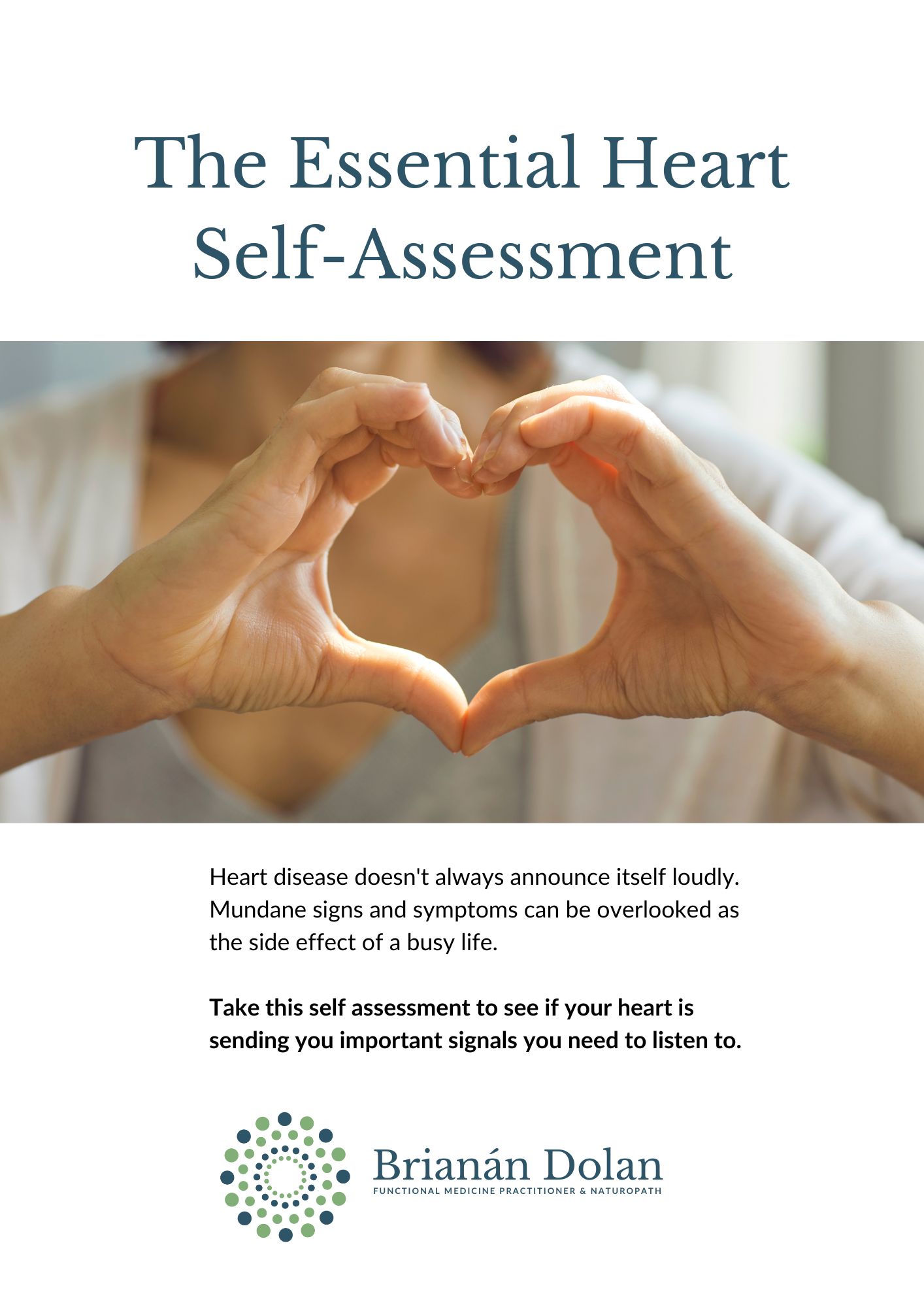Living with a long-term illness can feel like being on a journey with no map.
Something I hear again and again from people struggling with chronic conditions is the glaring absence of a clear plan. Their main healthcare provider supports them with treating symptoms, but in terms of a long term vision, there’s no plan.
Conventional medicine sometimes falls short in the treatment of chronic illness.
Conventional medicine tends to focus on symptom management rather than addressing the root causes of illness. This statement is not intended to assign blame on healthcare providers. Quite the opposite. Many medical institutions are simply overwhelmed and under-resourced. They do what they can with their available resources, but sadly, sometimes it leaves people with chronic illness needing more.
Chronic illness patients feel like they’re merely treading water, without making any real progress. This often looks like – an increasing list of medications, and ever increasing dosages to respond to symptoms without meaningful improvement or relief in the long term.
For many, the unpredictability of some chronic illnesses adds a layer of mental and emotional strain too. It’s not surprising then that people turn to Dr. Google for alternatives. And this is problematic. The internet is brimming with too-good-to-be-true treatments.
My rule of thumb is that if it seems too-good-to-be-true it probably is. It’s probably a clever marketing team in the background rather than clinical expertise.
The promise of a one-size-fits-all solution is alluring but often misleading, as each individual’s health journey is uniquely their own.
Functional medicine takes an individual approach. It’s an approach that seeks to understand the underlying causes of illness, viewing the body as an interconnected system rather than isolated parts and symptoms. By delving deep into a patient’s history, lifestyle, and environment, functional medicine practitioners aim to create personalized treatment plans that promote genuine long-term well-being.
Client case study
One of my clients, diagnosed with multiple sclerosis (MS), despite receiving standard treatment, her condition did not improve. Through comprehensive evaluation and testing, we discovered she actually had Lyme disease, a condition with symptoms that often mimic other illnesses. This revelation was a game-changer, allowing us to tailor a treatment plan that addressed the root cause of her symptoms, rather than just managing them.
This personalized approach is critical in dealing with chronic illnesses. A tailored plan can make a world of difference. It involves looking at nutrition, lifestyle changes, stress management, and sometimes, targeted supplements or medications. The goal is to empower patients, giving them a sense of control and direction in their health journey.
Patience and persistence
Creating and adhering to a plan requires patience and persistence. It’s a collaborative effort between the patient and the practitioner. Regular check-ins, adjustments to the plan based on what is or isn’t working, and ongoing support are essential components. This dynamic and flexible approach contrasts sharply with the rigidity of conventional treatment protocols AND the magic wand solutions from the internet.
For many, the frustration of ‘no plan’ also stems from the healthcare system itself. Appointments are often rushed, with little time for comprehensive discussions. Patients might leave with more questions than answers, feeling unheard and misunderstood. This is where a functional medicine practitioner can make a significant difference. By dedicating the time to listen and understand, they can provide the thorough care and attention that chronic illness management demands.
It’s also important to acknowledge the emotional toll of long-term illness. The uncertainty can be anxiety-inducing, affecting mental health and overall quality of life. This is why a holistic approach, addressing both physical and emotional well-being, is so crucial.
Moreover, the journey isn’t just about the destination but also about finding moments of peace and empowerment along the way. Small victories, like a day with reduced symptoms or better sleep, should be celebrated. These moments build resilience and provide the strength to keep moving forward, even when the path seems unclear.
While it’s tempting to believe the magic of “cure-all” products sold online – when you have been unwell for quite a while it will take, time, testing, lifestyle and dietary changes to start your journey to recovery.
My approach is not a one-and-done quick fix. I help my clients in a lasting way – not to offer temporary relief, but meaningful restoration and optimal health.
In the end, when navigating chronic illness, there can certainly be a well-thought-out plan tailored to your unique needs. Embracing a holistic and personalized approach to health care can transform your journey, turning frustration into empowerment, and uncertainty into hope.
You deserve a strategy that not only addresses your symptoms but also aims for genuine and long-term well-being.





